| Project Type | Plastiki Expedition |
| Location | Pacific Ocean |
| Date | 2010 |
| Sponsoring Organization | MYOO |
| Project Coordinator | Matthew Grey, MYOO |
| Naval Architect | Andrew Dovell |
| Design Team | Nathaniel Corum, Jason Iftakhar, Michael Jones, Mike O’Reilly, Michael Pawlyn, Greg Pronko |
| Additional Support | Andy Fox, Architecture for Humanity, Ashley Biggin, University of Southern California School of Architecture |
| Length of Vessel | 60 ft/18 m |
| Occupancy | 6 people |
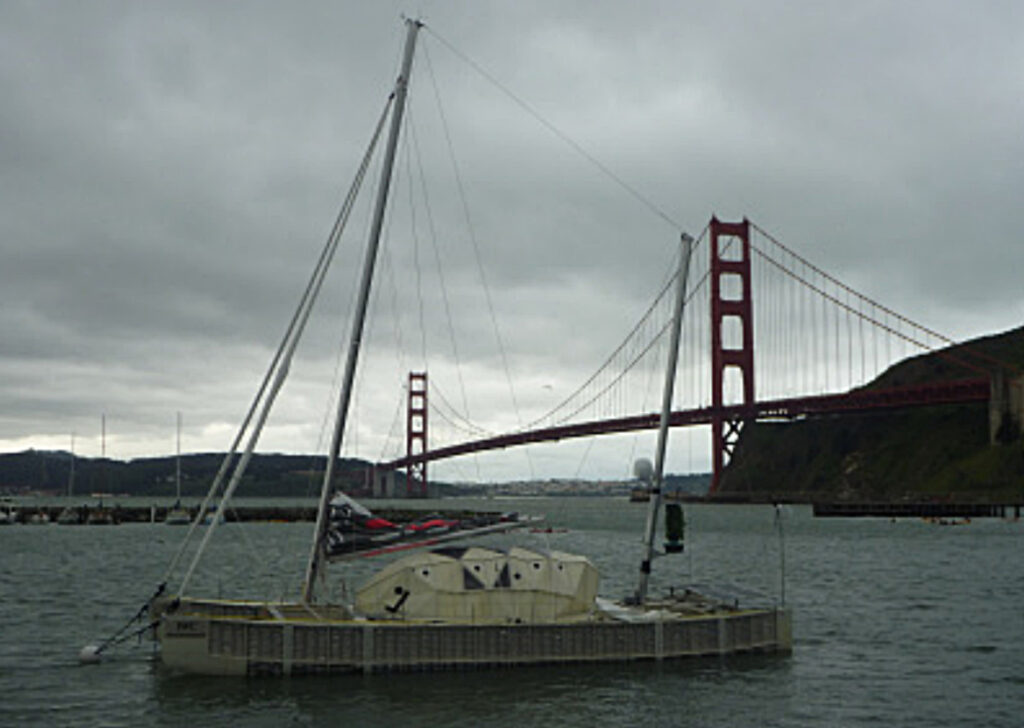
The Plastiki sits in San Francisco Bay, California, USA. Photo: Nathaniel Corum/ Architecture for Humanity
“I want to say one word to you. Just one word . . .plastics.” So goes one of the most memorable lines from the iconic film The Graduate. That was 1967. Today, the limitless potential of plastic has come at an environmental cost that has led many to question the material’s widespread use and benefits. Plastic waste is perhaps the most visible drawback, and has created a large and looming problem. The North Pacific Gyre, a swath of circular currents twice the size of Texas, has trapped a large amount of plastic, which ultraviolet rays degrade into microscopic particles. A 2001 study by oceanographer Charles Moore, published in the Marine Pollution Bulletin reported an average of 334 271 pieces of plastic per square kilometer of ocean.
David de Rothschild, founder of the environmental organization MYOO, formerly Adventure Ecology, was inspired by a United Nations Environment Program report outlining the threat to our oceans, and Thor Heyerdahl’s pioneering Kon-Tiki expedition of 1947. He decided to draw attention to the problem by building the Plastiki, a 60-foot-long catamaran made of reclaimed soda bottles that instantly became a plastic waste pin-up when it set sail from San Francisco, California to Sydney, Australia, in March 2010. On a mission to reevaluate plastic waste as a resource, the Plastiki spent four months at sea sending a “message in a bottle” to the watching world. “Waste is fundamentally a design issue and plastic is not the enemy,” De Rothschild says. “We need to redefine our understanding and use of the material.”
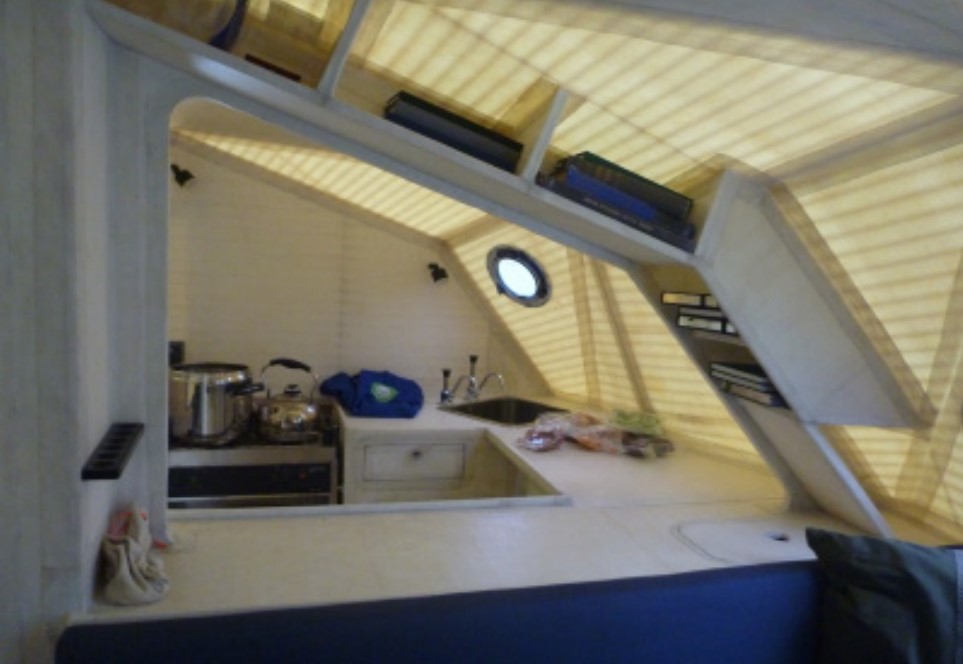
Interior of the Plastiki’s cabin, designed by Architecture for Humanity. Photo: Nathaniel Corum/Architecture for Humanity
He journeyed 8000 nautical miles to report on the health of the world’s oceans, in particular the colossal amount of plastic waste floating out of sight. The concept of this ambitious project was to construct the entire vessel out of recycled polyethylene terephthalate (PET) bottles. MYOO approached the design team behind the product development and incubation company, Level 2 Industries, to experiment with the material. After research and testing, they decided to fill the catamaran’s two pontoons with 12 500 2-liter plastic bottles filled with carbon dioxide to make them more rigid.
The cabin acts as a self-sustaining home for the six-person crew, providing shelter from the unforgiving heat and tropical storms of the Pacific Ocean. The design team employed principles of “biomimicry” design, looking to nature for solutions .
A specially developed technology incorporating recycled PET called self-reinforcing PET (srPET) was used to engineer the superstructure of the boat. Recycled plastic fibers replace the commonly used unrecyclable fiberglass or costly carbon fiber. The two masts, measuring 12 and 18 meters (40 and 60 ft) tall, are made from reclaimed aluminum irrigation pipes and the sails are handmade from recycled PET cloth. The bonding agent is recycled and also biodegradable—it is made from sugarcane and cashew nut husks. Following the success of Plastiki, MYOO has entered into a joint venture to market recycled PET under the name Seretex for a variety of uses from sporting goods to disaster relief shelters.
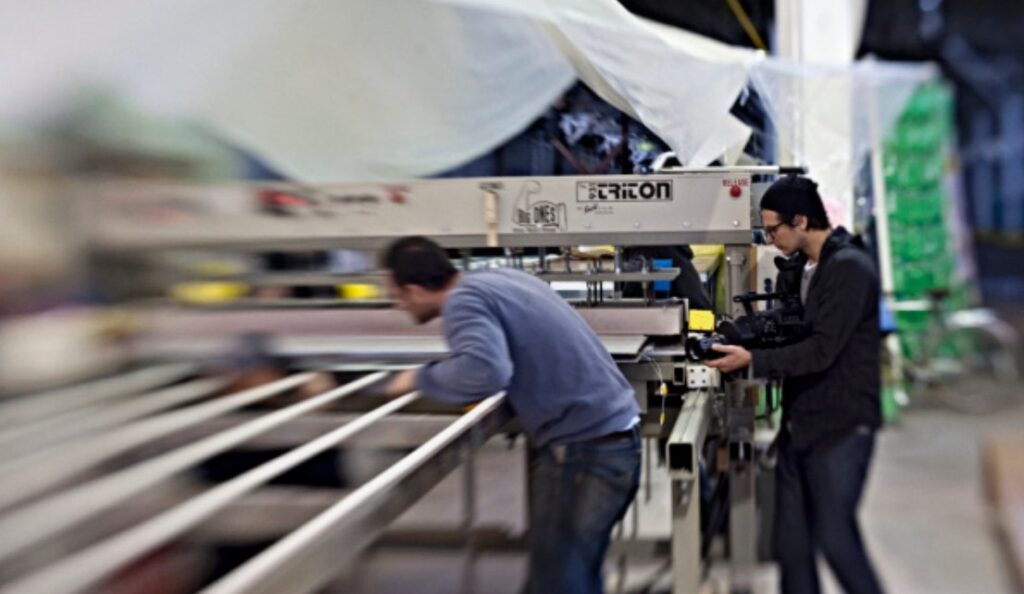
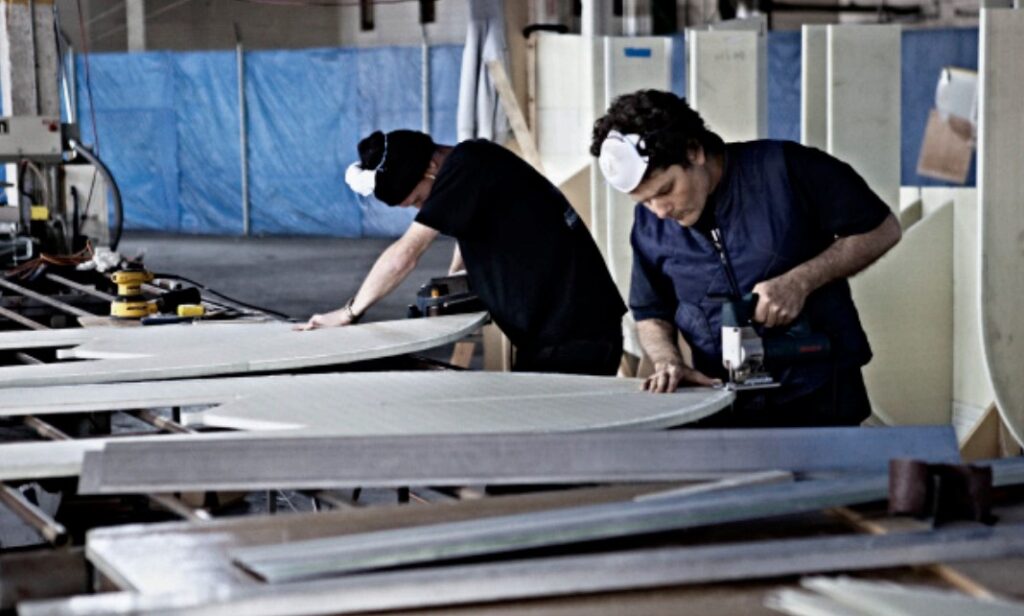
Production self-reinforcing recycled polyethylene terepthalate (srPET) sheets used to build the Plastiki. Photo: Luca Babini
The srPET sheets are cut and sanded into pieces that make the Plastiki’s hull. Photo: Luca Babini
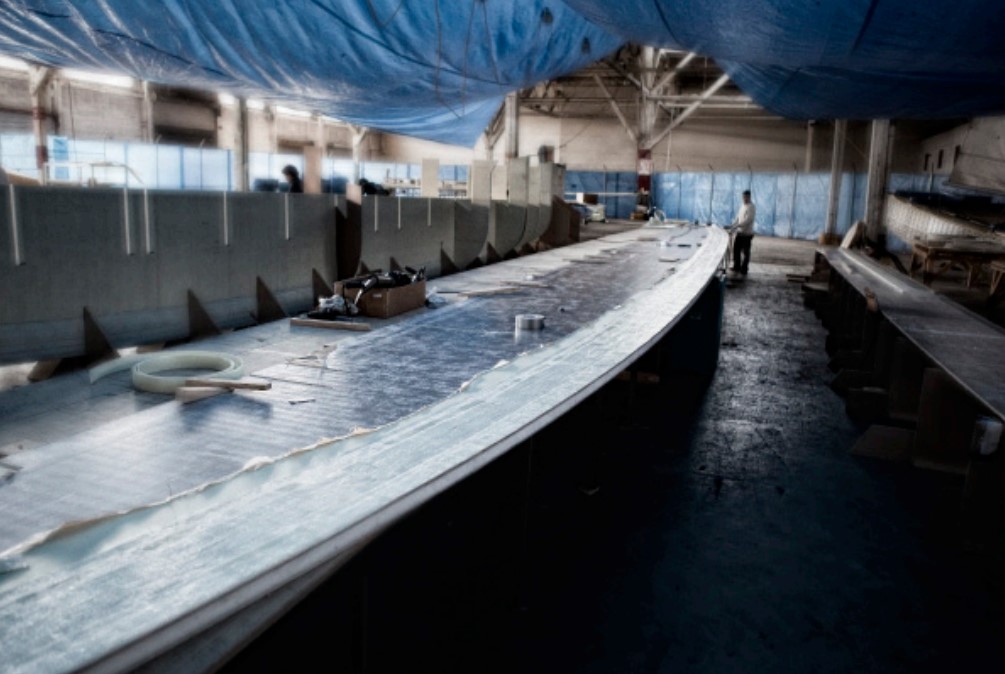
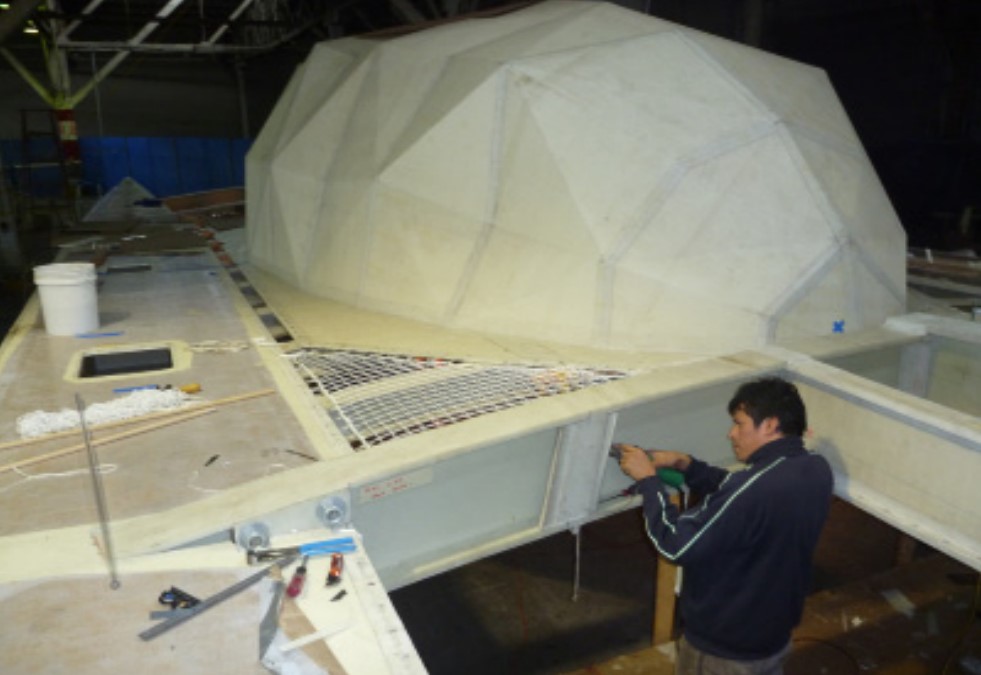
This large panel of srPET forms the bottom of one of the pontoons. Photo: Luca Babini
The Plastiki is the world’s only fully recyclable boat. Photo: Nathaniel Corum/Architecture for Humanity
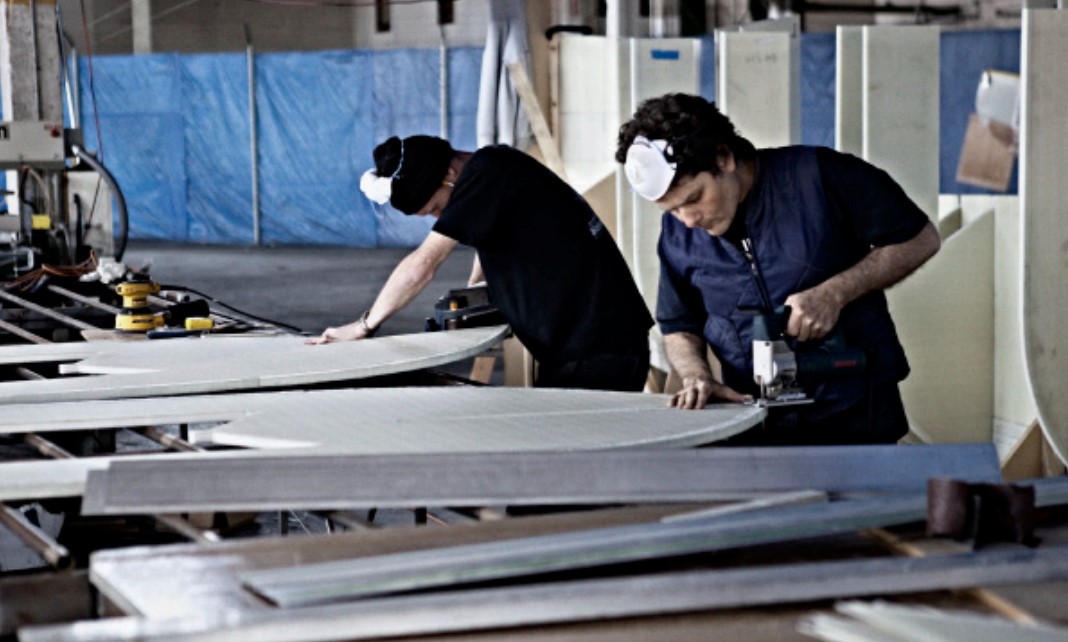
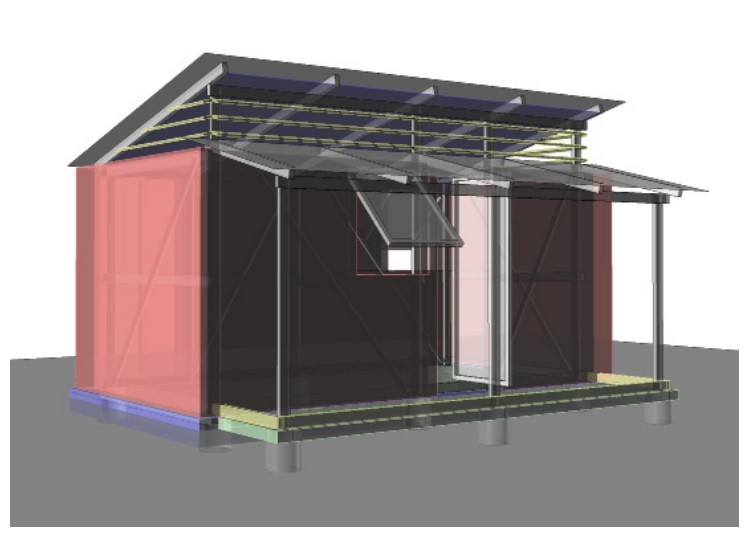
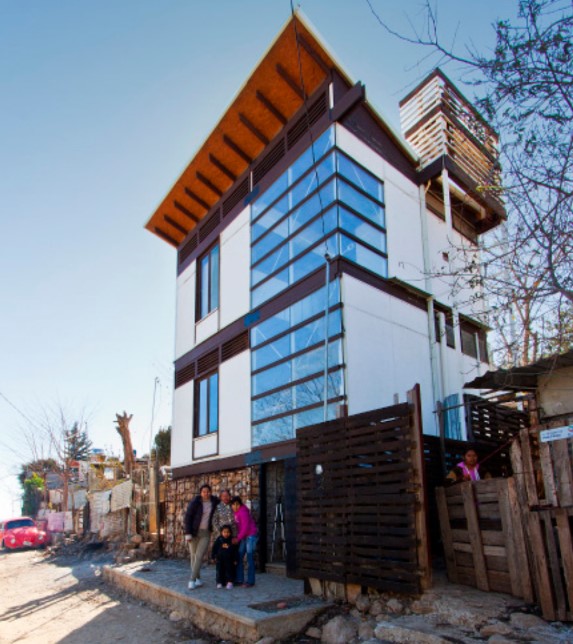
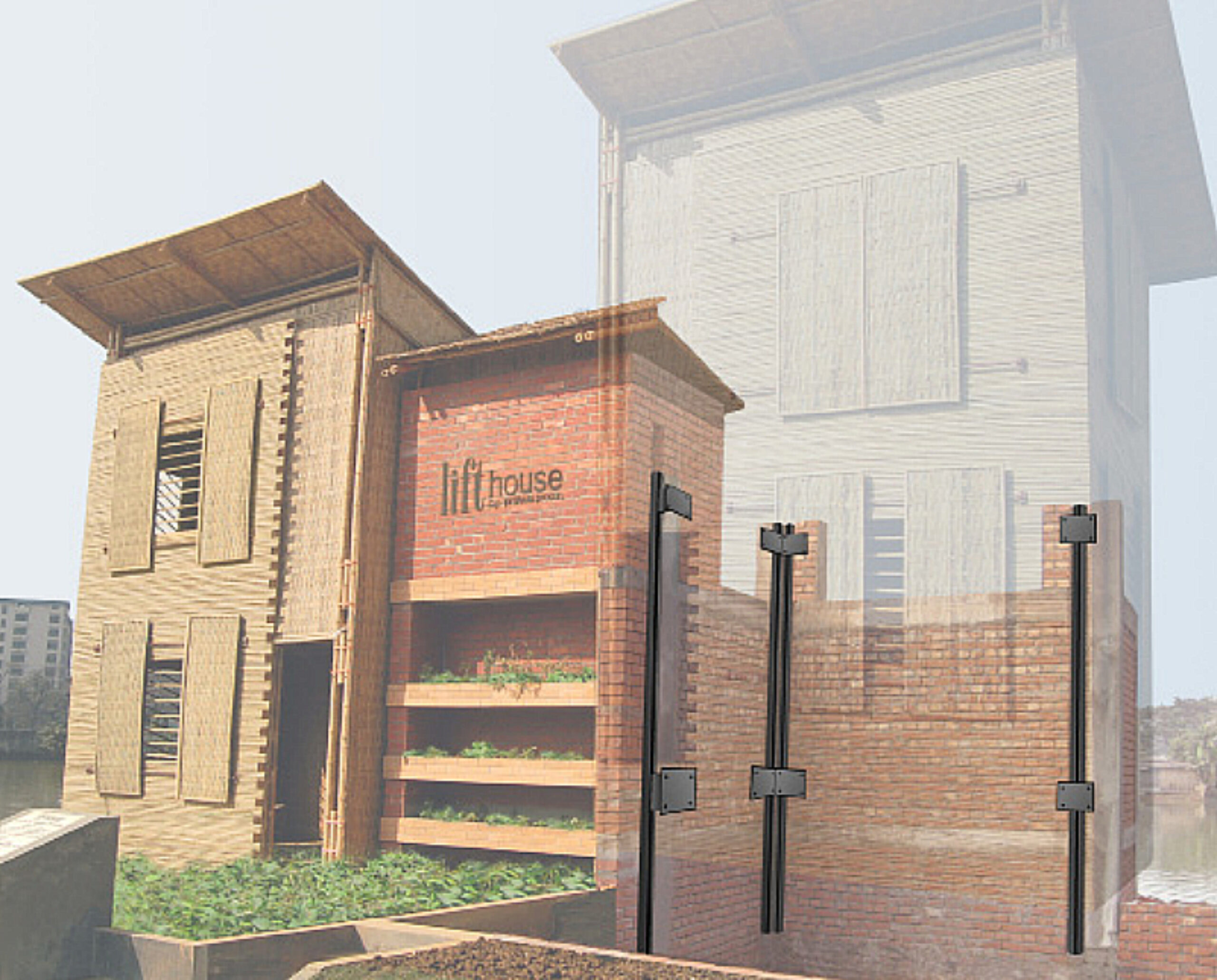

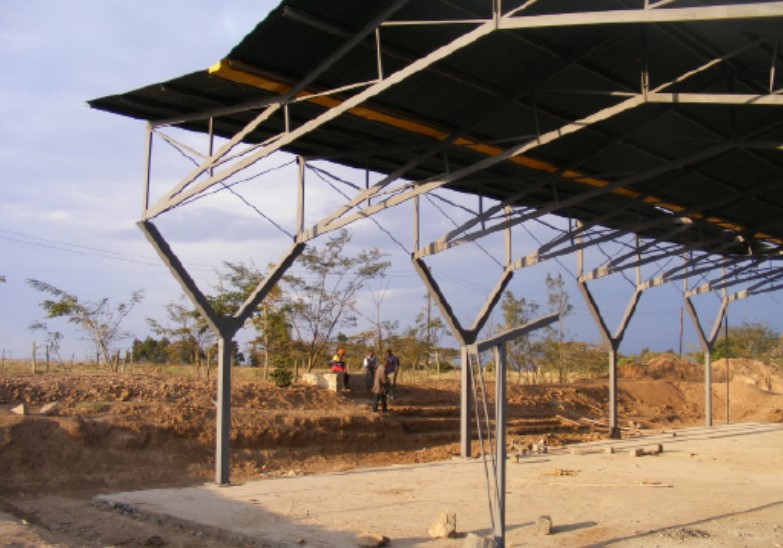
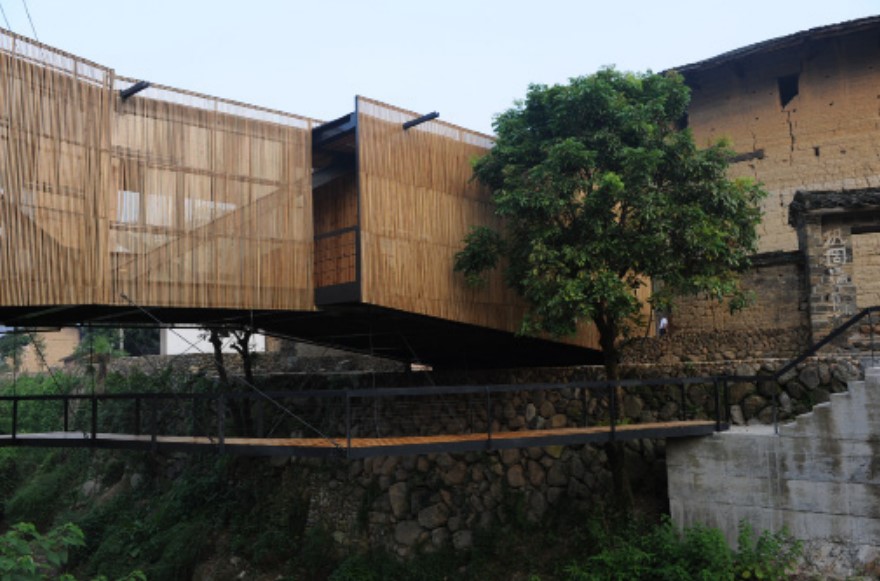

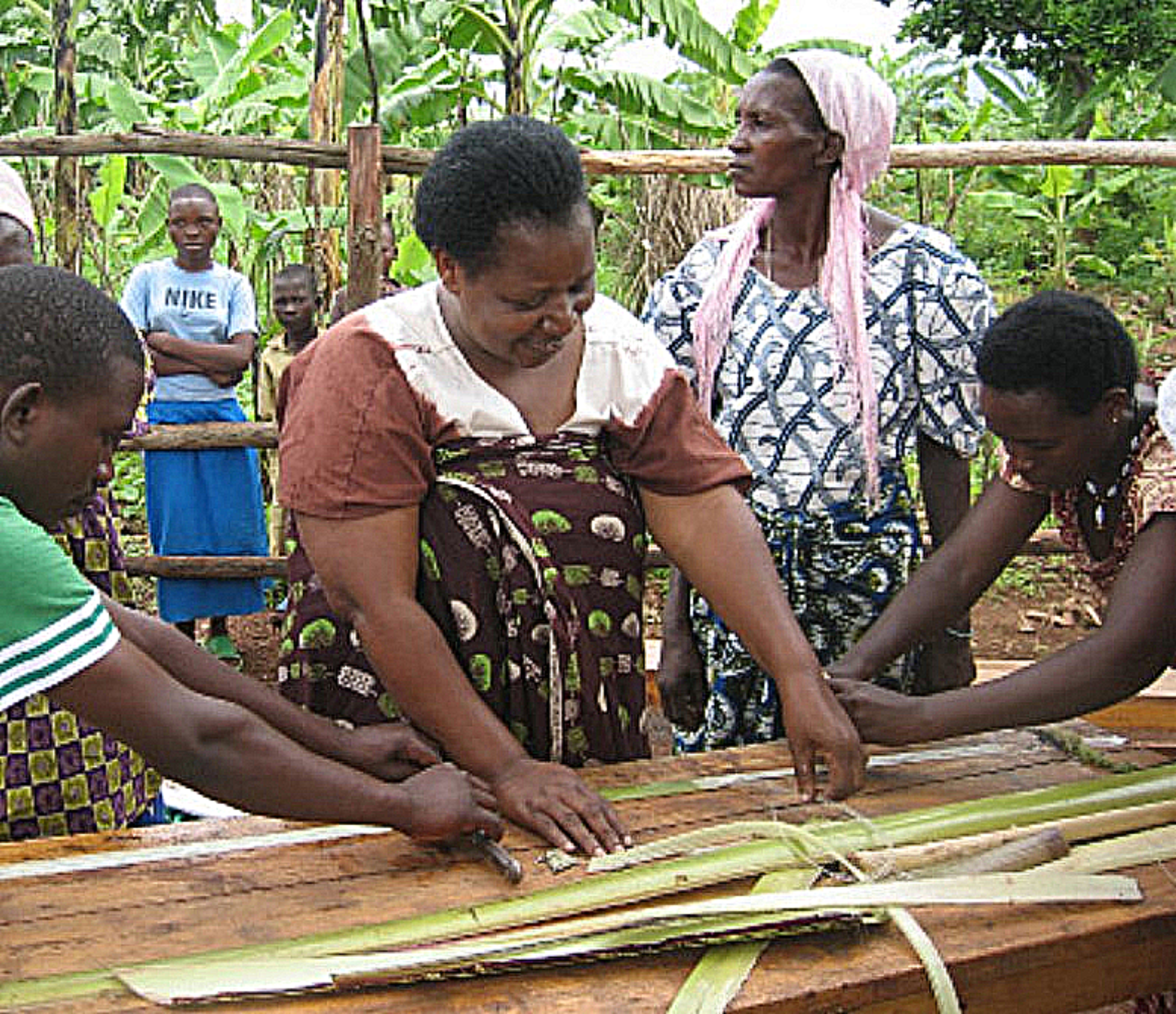
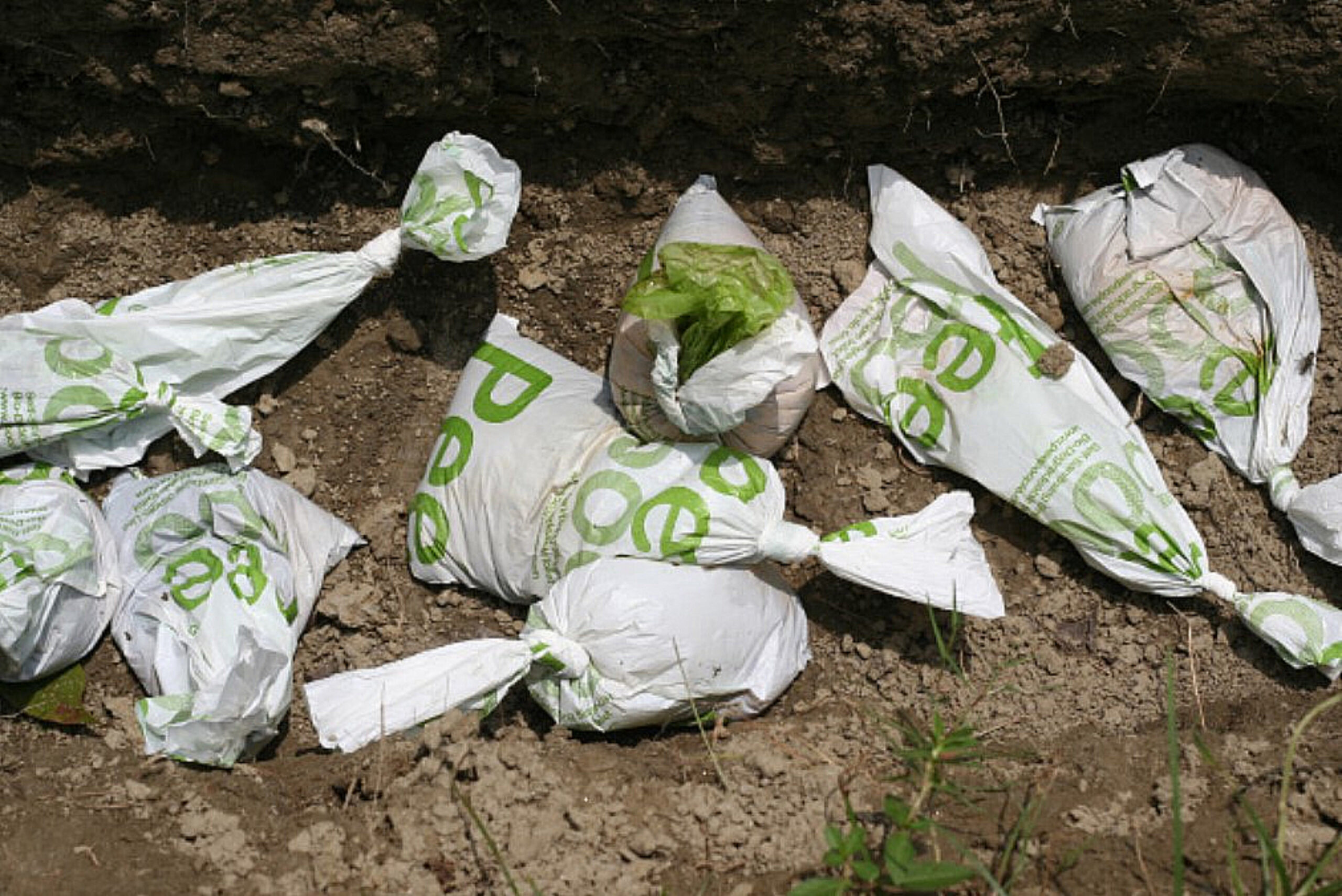
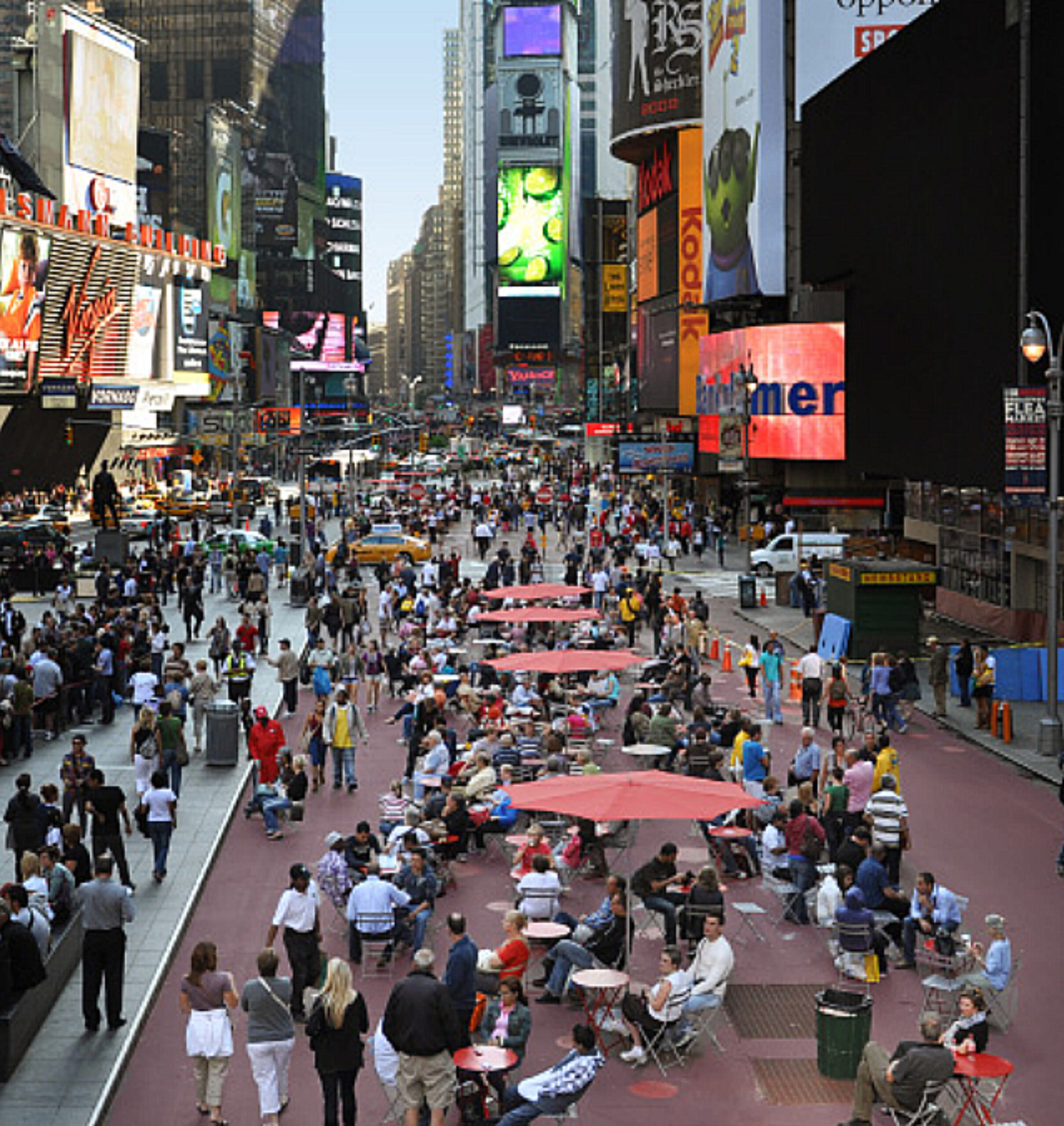
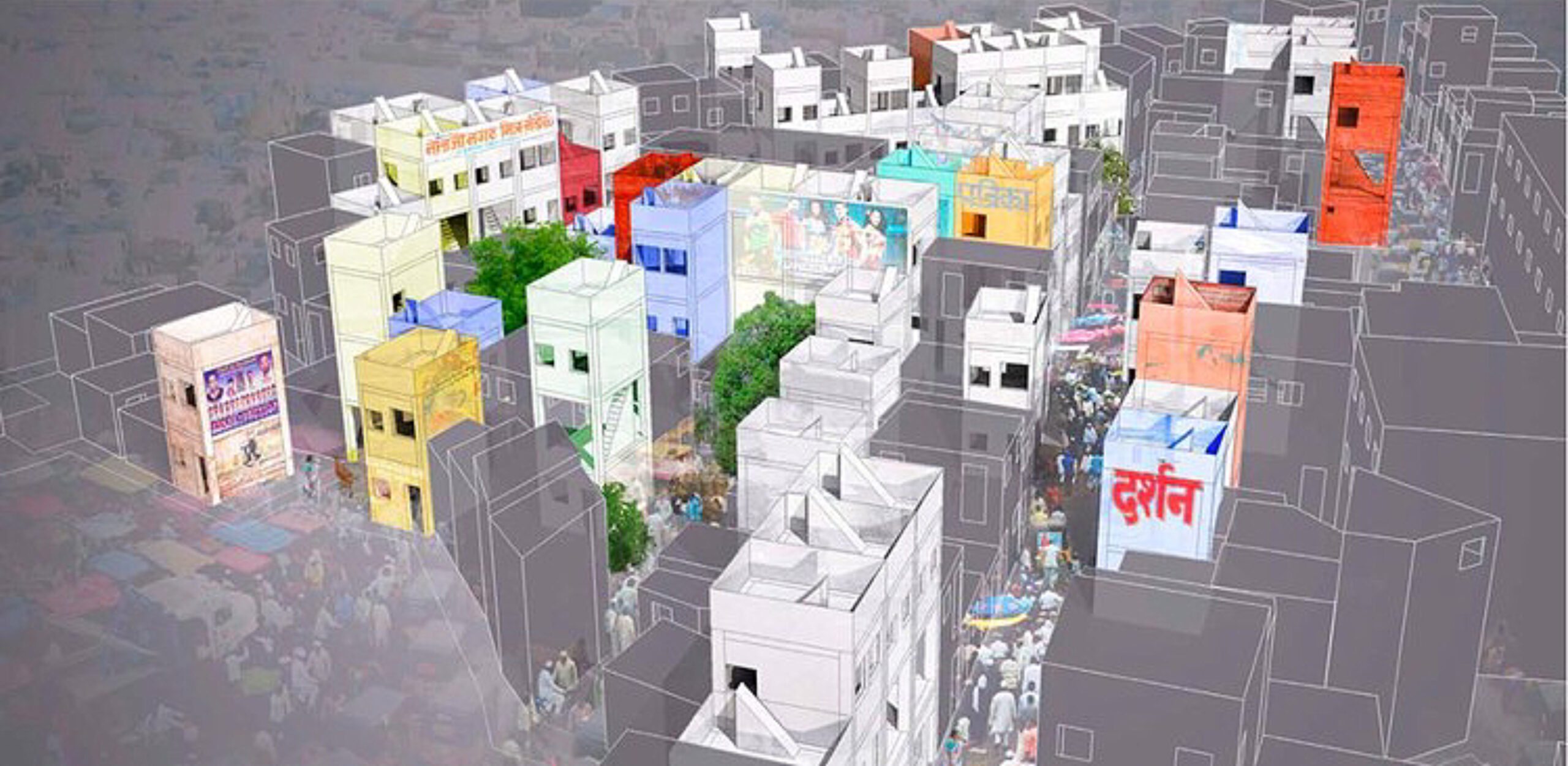

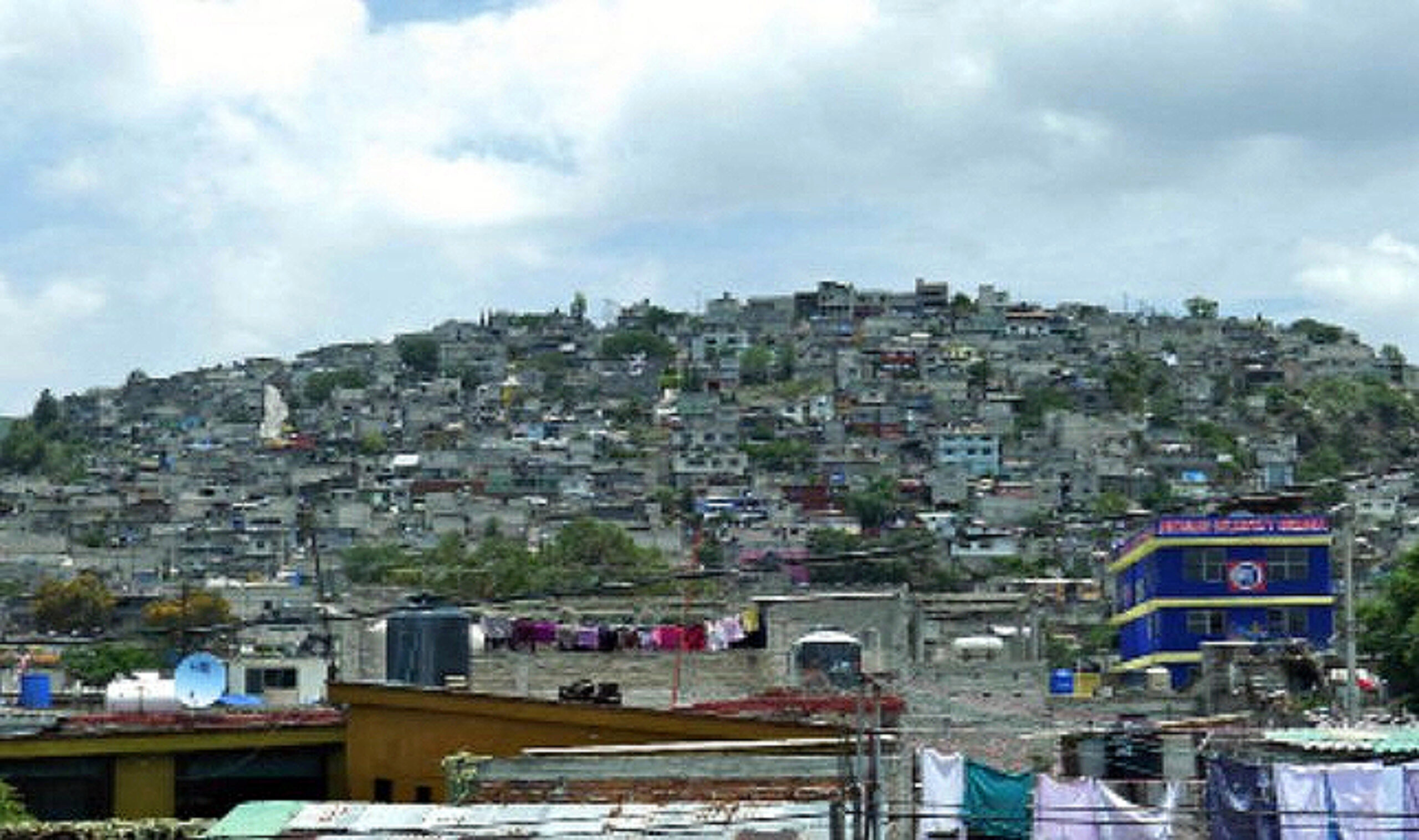

READ OR LEAVE A COMMENT